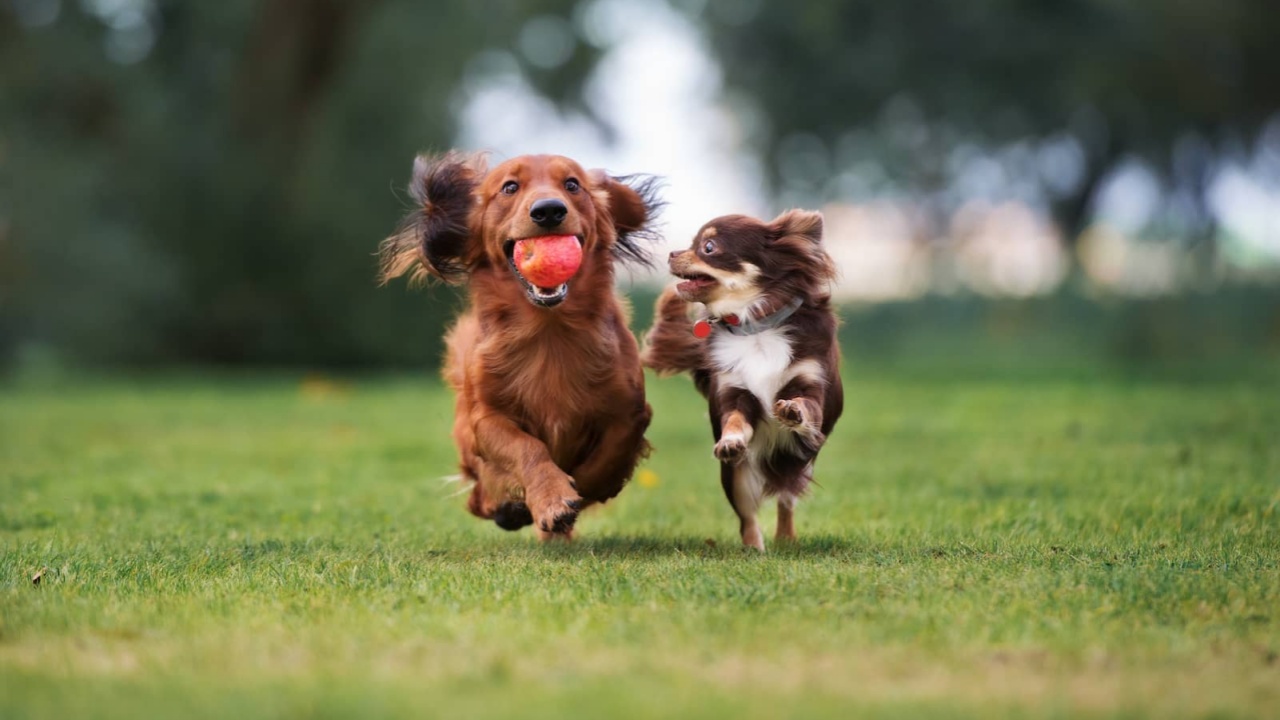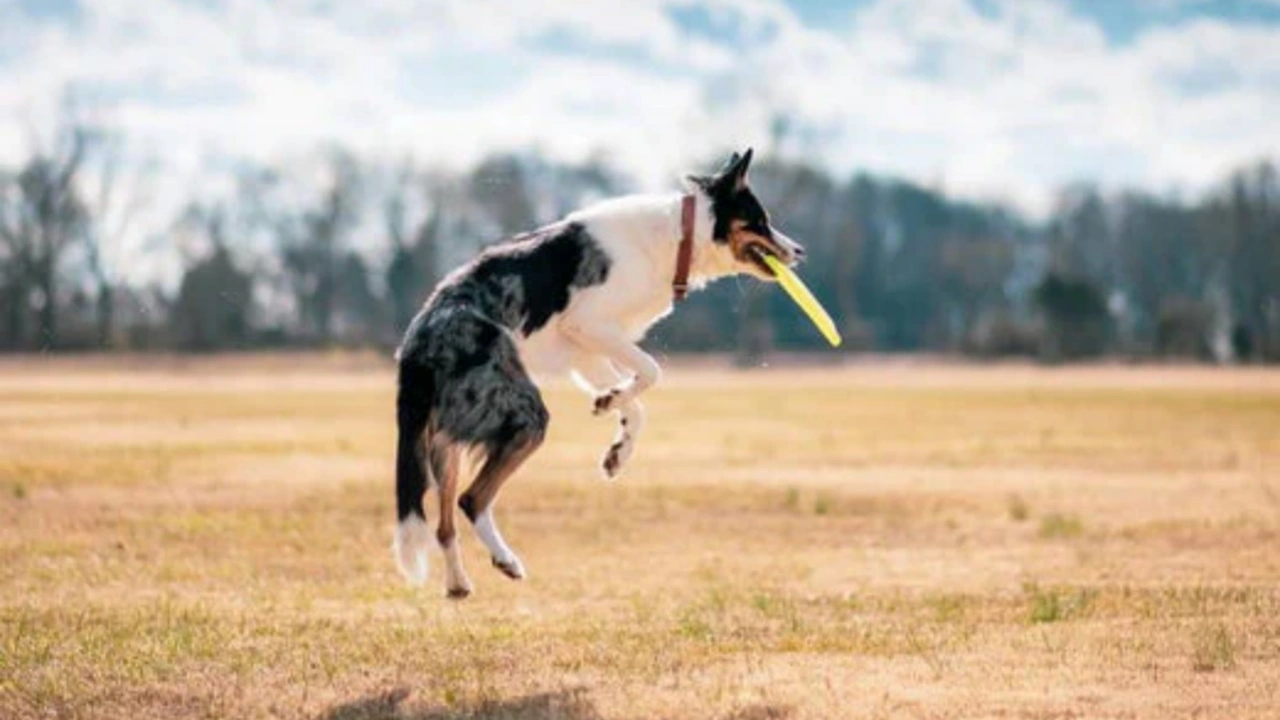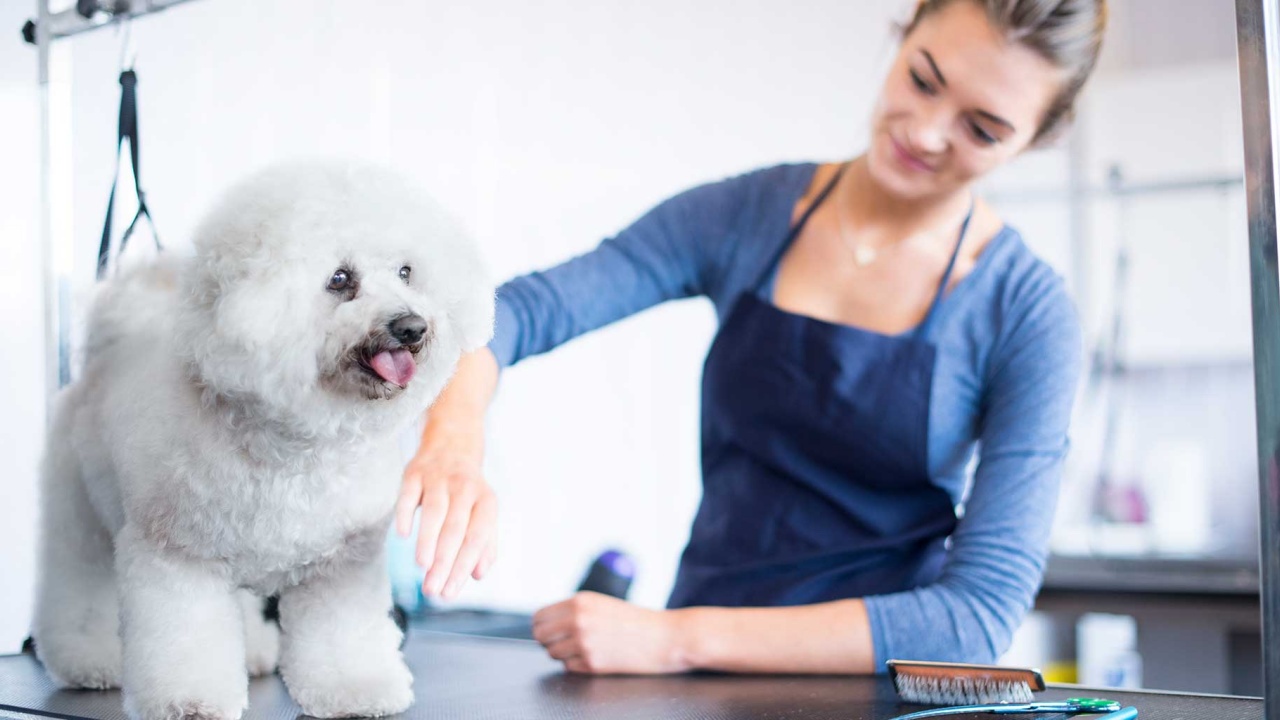Pet socialization is a crucial aspect of raising a well-adjusted and happy animal. It involves exposing your pet to various environments, people, and other animals in a positive manner. This process is vital for developing a pet’s confidence, reducing anxiety, and preventing behavioral issues later in life. Understanding the importance of socialization can help you create a nurturing environment that fosters your pet’s emotional and psychological well-being.
One of the primary benefits of socialization is the enhancement of your pet’s confidence. When pets are exposed to different situations, sounds, and smells, they become more accustomed to their surroundings. This exposure helps them learn how to react appropriately in various scenarios, reducing fear and anxiety. For example, a dog that has been socialized with other dogs is less likely to react aggressively or fearfully when encountering new dogs in the park. Similarly, cats that have been exposed to different people and environments are more likely to be comfortable in unfamiliar settings.
Socialization also plays a significant role in preventing behavioral issues. Pets that lack socialization may develop fears or phobias, leading to destructive behaviors such as excessive barking, biting, or hiding.
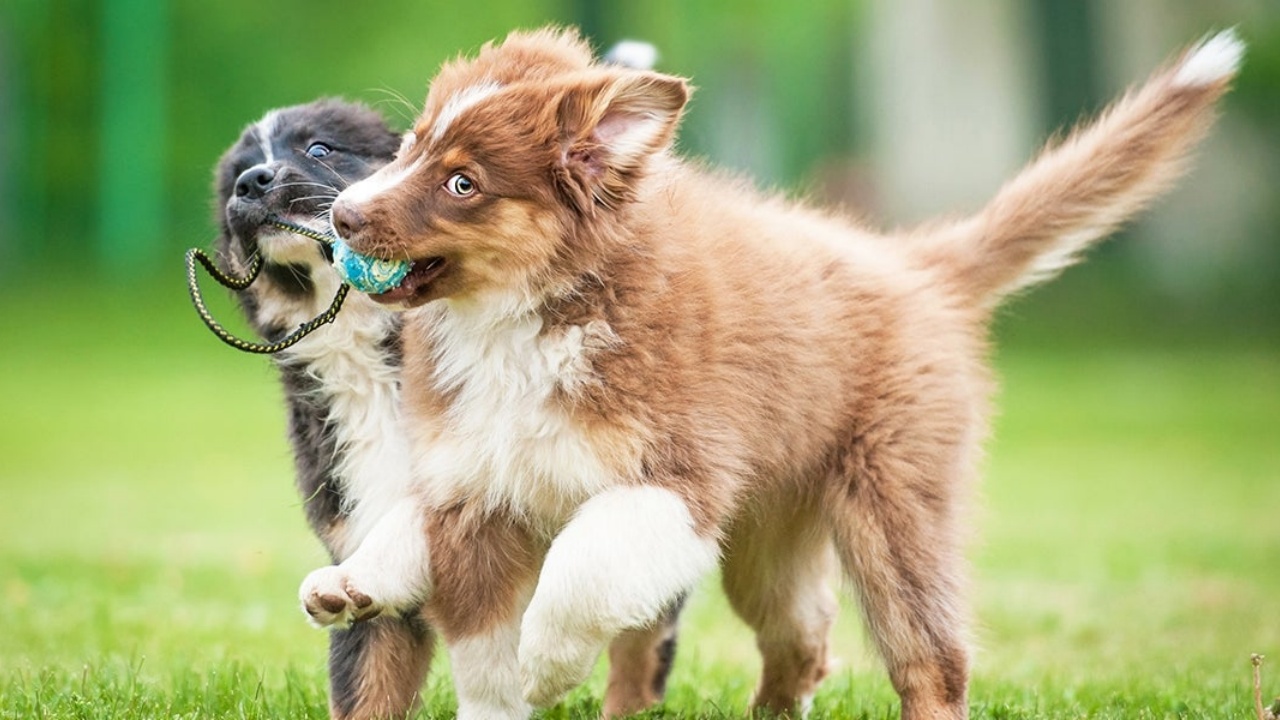
By introducing your pet to various experiences at a young age, you can help them develop positive associations with new situations. For instance, a well-socialized dog is less likely to exhibit signs of separation anxiety when left alone, as they are accustomed to being around different people and environments.
Another important aspect of socialization is the development of social skills. Pets need to learn how to interact appropriately with other animals and humans. This includes understanding body language, recognizing cues, and responding appropriately to social signals. For dogs, this may involve learning how to play gently with other dogs or understanding when to back off during play. For cats, socialization can help them learn to coexist with other pets in the household. Positive interactions with other animals can lead to lifelong friendships and a more harmonious living environment.
Engaging in socialization activities can also enhance the bond between you and your pet. Participating in group classes, dog parks, or pet-friendly events provides opportunities for shared experiences that strengthen your relationship. Training classes not only teach your pet essential commands but also offer socialization opportunities with other pets and their owners. These experiences can be enjoyable for both you and your pet, creating lasting memories and a deeper connection.
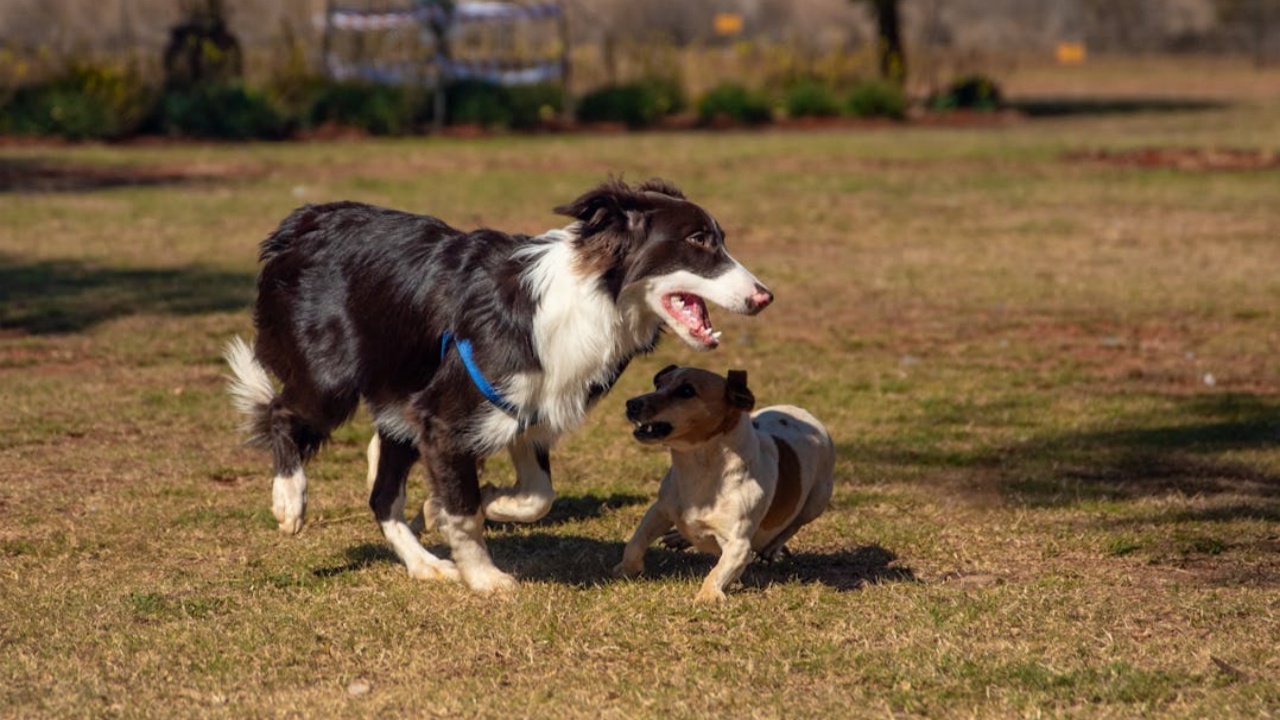
To effectively socialize your pet, start early if possible. Puppies and kittens are particularly receptive to new experiences during their critical socialization period, which typically occurs between three and fourteen weeks of age. However, older pets can also benefit from socialization. Gradually introduce them to new environments, people, and animals, ensuring that each experience is positive. Use treats and praise to reinforce good behavior during these encounters. Always monitor your pet’s reactions and avoid overwhelming them with too much stimulation at once.
Incorporating regular socialization into your pet’s routine can lead to a more balanced and well-adjusted animal. Whether through playdates, training classes, or simply visiting new places, these experiences contribute to your pet’s overall happiness and mental health. A well-socialized pet is not only more enjoyable to be around but also better equipped to handle the challenges of everyday life. By prioritizing socialization, you are investing in your pet’s future well-being and quality of life.

